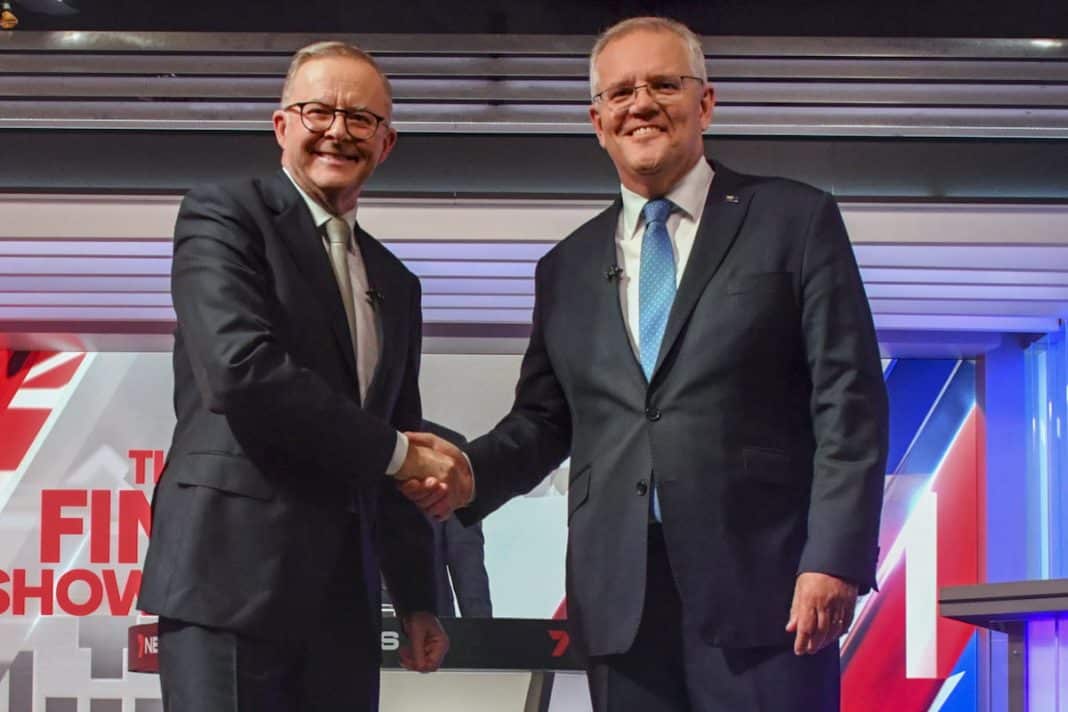The showing by the Liberals in the federal election was the “most serious loss” for the party in its political history, a review has found.
The review, by former party director Brian Loughnane and Victorian senator Jane Hume, found results in metropolitan areas and among female voters concerning.
“The result is not comparable to any previous one in Australian political history. Consequently, it poses a significant and unique challenge to the party,” the review said.
“The result was driven by a combination of major strategic factors, reinforced by a series of individual and state and local issues which together resulted in the most serious loss for the party in its history.”
The report singled out the contrast between then-prime minister Scott Morrison and Anthony Albanese as one of the biggest negatives for the party.
“The prime minister’s standing with voters deteriorated significantly through 2021 to become a significant negative. The prime minister and the party were seen as ‘out of touch’,” the report said.
“The leadership choice between Scott Morrison and Anthony Albanese became the most influential driver of voting intention during the campaign period.”
The coalition suffered a swing of more than five per cent at the May election, with the Liberals losing 18 seats.
The loss of metropolitan seats to teal independents was also highlighted as a significant threat to the party.
“The emergence of the teals meant the party needed to campaign on two different fronts,” the review said.
“This naturally also compromised the party’s ability to campaign with a single national message.”
The review made 49 recommendations, including an overhaul of local campaign structures and greater levels of diversity among candidates and the party.
In particular, the review said a repairing of the relationship between the Liberals and the Chinese community in Australia was a priority.
“To successfully win seats, the party must reflect modern Australia. It is therefore important the party, as a priority, has a greater gender and ethnic diversity in preselection candidates,” the review said.
“To successfully win seats, the party must reflect modern Australia.”
The review also called for a 50 per cent target for female representation in parliament within the next decade, as well as adopting measures to boost the number of female MPs as soon as possible.
The party and Mr Morrison’s standing among women in the electorate was seen as a major deterrent to voting for the party.
According to the report, the perception that the then-prime minister was not attuned to the concerns of women was detrimental to the Liberal vote.
The election post-mortem also took aim at delays in preselections in crucial electorates in the lead up to the poll.
“The delays in holding preselections narrowed the field of possible quality candidates and resulted in the party not selecting a candidate with a reasonable prospect of winning the seat,” the review said.
“In too many instances, the structures of the party in the lead-up to the 2022 election were unable to resolve these logjams … interventions in divisions on preselection matters should therefore occur only in the most extraordinary circumstances.”
By Andrew Brown in Canberra



